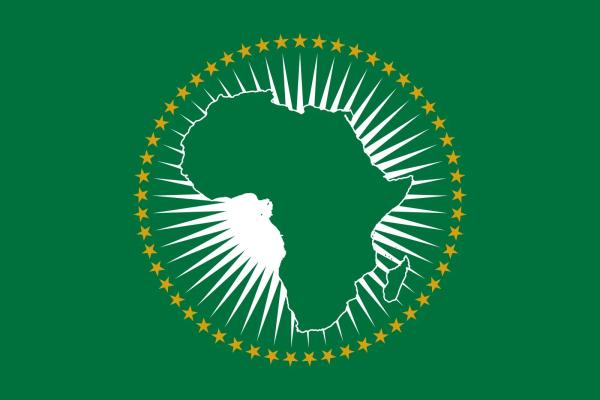
The African Union Commission has raised concerns about the consequences of the new travel ban imposed by the US government on seven nations on the continent.
The new ban, signed by President Donald Trump earlier this week, blocks nearly all travel to the U.S. by nationals of 12 countries, including six in Africa: Chad, the Republic of the Congo, Equatorial Guinea, Eritrea, Libya, and Somalia. The ban also targets Afghanistan, Myanmar, Haiti, Iran, Sudan, and Yemen.
In addition, a partial ban was imposed on travellers from seven other nations: Burundi, Cuba, Laos, Sierra Leone, Togo, Turkmenistan, and Venezuela—allowing only certain types of visas, such as for temporary work.
In response to this ban, AU said it acknowledged “the sovereign right of all nations to protect their borders and ensure the security of their citizens” but noted that such actions should be exercised in a manner that is balanced, evidence-based, and reflective of the long-standing partnership between the United States and Africa.
“The Commission remains concerned about the potential negative impact of such measures on people-to-people ties, educational exchange, commercial engagement, and the broader diplomatic relations that have been carefully nurtured over decades. Africa and the United States share mutual interests in promoting peace, prosperity, and global cooperation,” the commission stated.
“The African Union Commission respectfully calls upon the U.S. Administration to consider adopting a more consultative approach and to engage in constructive dialogue with the countries concerned.”
The Commission also appeals for transparent communication and, where necessary, collaborative efforts to address any underlying issues that may have informed this decision.
It added that it stands ready to support efforts that promote understanding, resolve concerns, and strengthen cooperation between Africa and the United States.






















